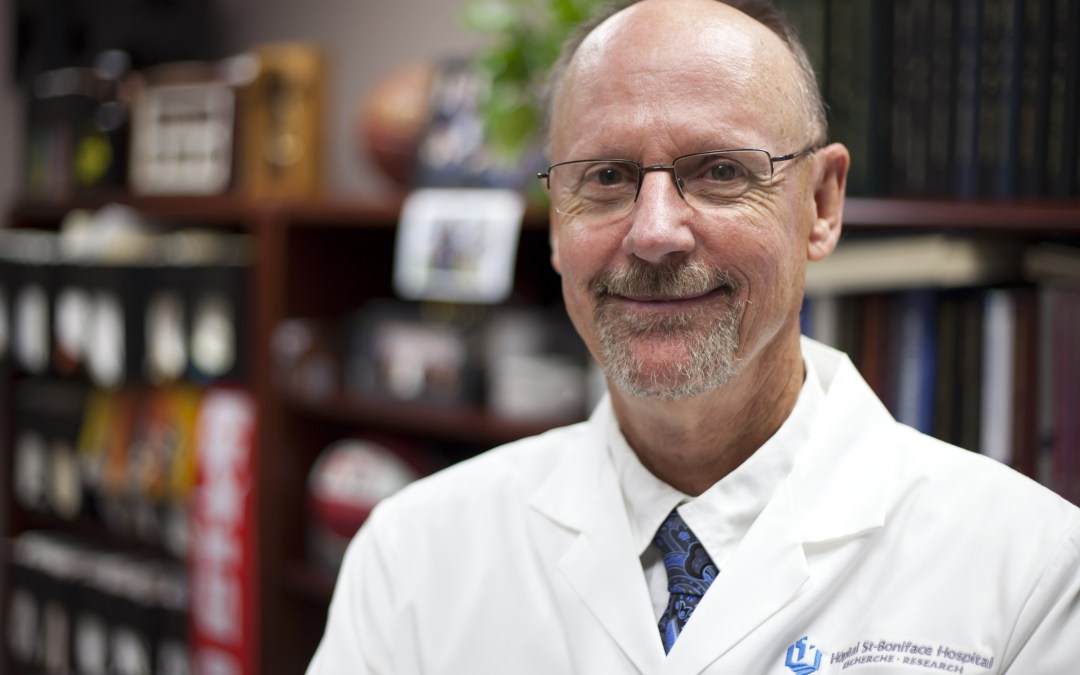Up to 400,000 Canadians could die over the next three decades if the country’s top doctors don’t work on combating drug-resistant ‘superbugs’, says a new report.

The study, produced by the Council of Canadian Academies and commissioned by Canada’s Public Health Agency, says antimicrobial resistance poses a big threat to medicine as we know it if it isn’t solved soon.
Dr. Grant Pierce of Winnipeg’s St. Boniface Hospital said a major concern is that common procedures may not be performed in the future if the risk of infection is too high.
“Your normal surgeries that you have today… you want a hip replacement? Forget it,” he told 680 CJOB.
“There will be infection involved, and it’ll be life-threatening. If you want a knee replacement, it’s no longer possible. Cardiac heart surgery? No. Eye surgery? No.”
Antimicrobial resistance occurs when micro-organisms, including bacteria, viruses and fungi, evolve to resist the drugs that would otherwise kill them.
Unnecessary antimicrobial use in humans and agriculture exacerbates the problem and widespread international travel and trade help resistant bacteria spread across the globe.
Pierce, executive director of research at the hospital’s Albrechtsen Research Centre, said people have taken antibiotics for granted, and that superbugs could force Canadians to avoid crowds for fear of contracting an extreme version of what would be considered an easily-curable illness today.
“People are going to shrink away, I think, from large crowds where they may get bacterial infections,” he said.
“You may no longer go to see a Jets game because you don’t want to be near so many people and the potential of contracting an infection.”
It’s not all doom and gloom, however. While the 400,000 deaths and $388 billion in healthcare costs represent the worst-case scenario, the study calls for Canada to invest in research and innovation so the issue can be tackled head-on – before it exacts such a heavy toll on Canadians.
Pierce said the World Health Organization sounded the initial warning bells about superbugs 10 years ago, which has given healthcare researchers, including at St. Boniface Hospital, a bit of a head start.
The major problem, he said, is that most of the drugs currently on the market are attacking the same aspects of bacterial infections that they have been for many years.
“The response of industry and certainly of St. Boniface Hospital has been to try to develop new drugs that attack the bugs in a different way,” he said.
“That way we can get around the resistance they have developed. They’ve mutated after seeing the same drugs for the last 100 years, so they need a new platform, and that’s certainly one of the things we do at St. Boniface Hospital.”









Comments